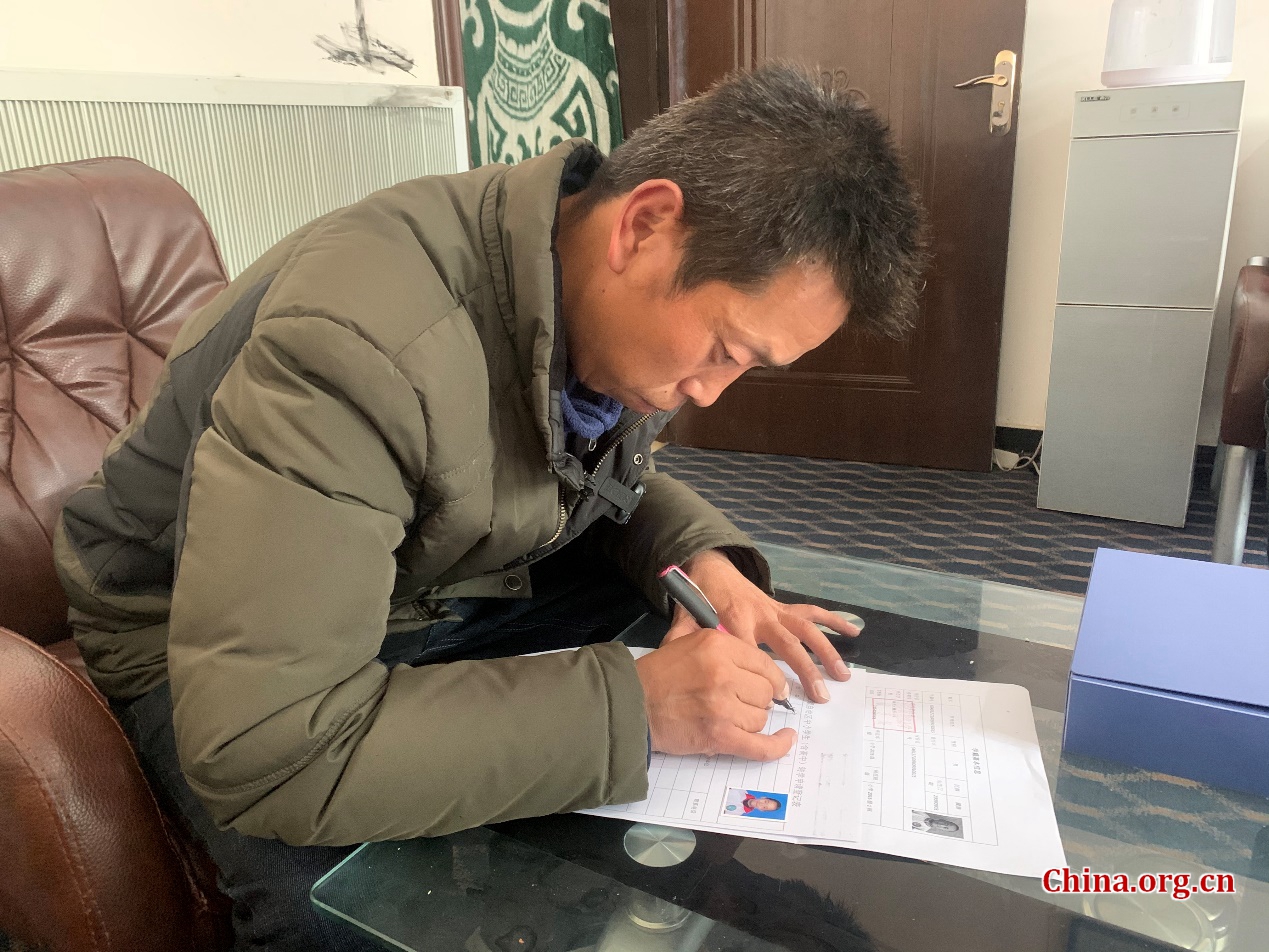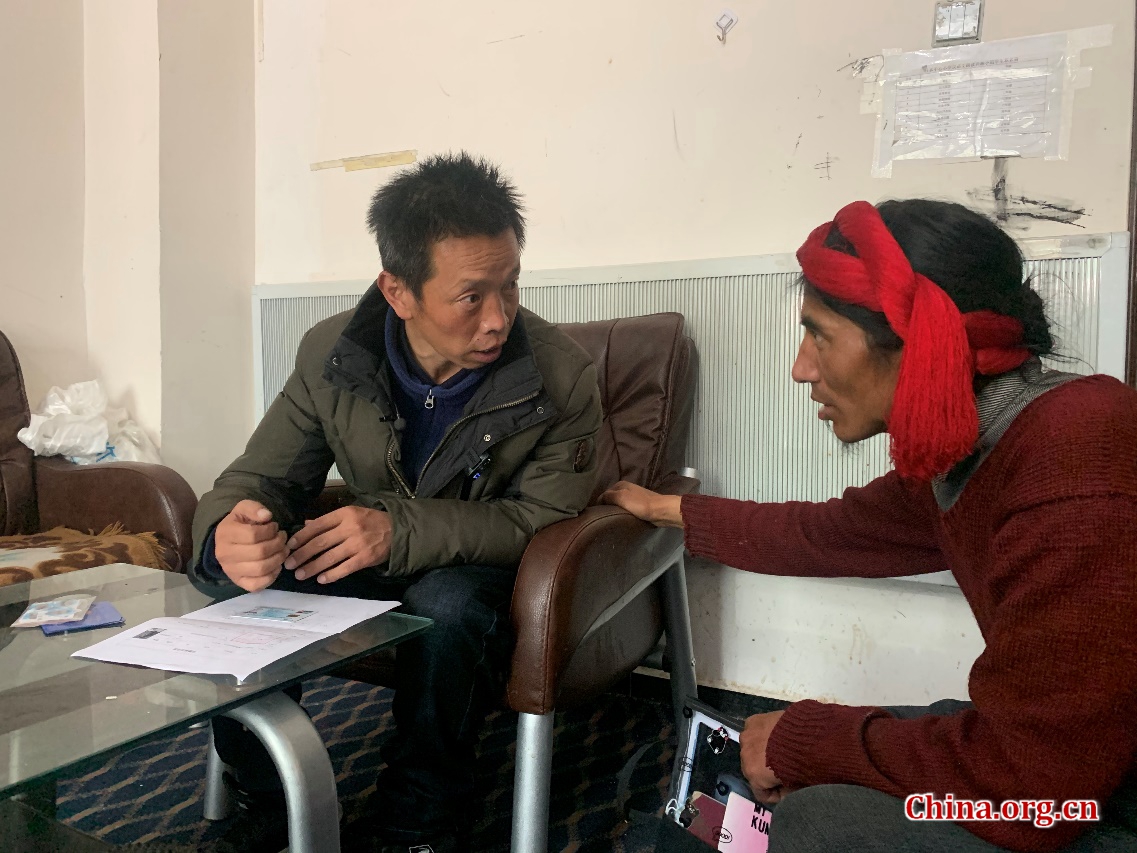Teaching in Tibet: Changing attitudes
Song Yugang has been a primary school teacher in a township in Lhasa for the past 24 years. During that time, the most remarkable change he has noticed has been the local people's attitudes toward education.
By Liu Jianing
After graduating from university 24 years ago, Song Yugang became a teacher at Central Primary School of Rutog township in Maizhokunggar county, Lhasa, where the average altitude is over 4,300 meters.

Song is the only teacher from the Han ethnic group in the school. When Song first arrived, he couldn't speak Tibetan and so struggled to communicate with the students and their parents. By learning from his students, it took him three years to become fluent in Tibetan, and he is now able to speak like a native.
Remote education
In 2003, Song introduced remote education into the school. Thanks to his efforts and an education-promoting program, the students have all achieved a solid grasp of computers. Teachers online provide the students with better educational resources, and enable them to study a wider range of subjects.
Song has also designed a series of classes in the school to help preserve local Tibetan culture, such as the traditional local guozhuang dance.
Value of education

The conditions in the school now are a far cry from what Song first encountered 24 years ago. He still remembers how the ceilings of the earth-made classrooms would leak whenever it rained, and on snowy days, the teachers had to sweep snow off the roof. Now they have tall teaching buildings with clean, well-equipped classrooms and modern equipment.
However, the most remarkable change has been the local people's attitudes toward education. In the past, parents would simply take their children to school, but now they encourage them to study hard.
Phunstog Tashi, head of Rutog township, believes that families there put greater value in education than ever before. For Tashi, this is thanks to the policy that provides Tibetan students with free school-based accommodation, meals and education, as well as efforts by the government to raise people's awareness in schooling, and residents seeing how education can improve people's lives.
MORE FROM China SCIO
- Traditional Tibetan clothes promoted in Nagqu, Tibet>
- The art of Tibetan knives prospers in Lhorong county, Tibet>
- Song and dance performance held in SW China>
- Gen-Z in SW China promotes Tibetan intangible cultural heritage>
- 71 years after peaceful liberation: Gamtog village in Tibet toward prosperity>

